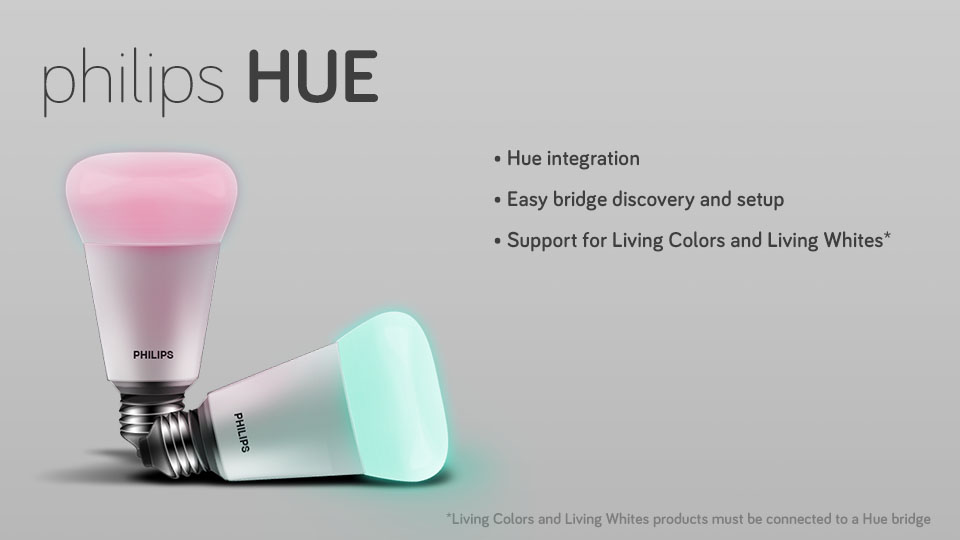
Behavioral, psychotic, and chorea symptoms all showed a marked improvement after a month of treatment, improvements that were sustained at a 16-month follow-up while still on Abilify. Abilify potentially had fewer side effects, causing less sedation and sleepiness, than Xenazine.Ī fourth case study published in the Journal of Neuropsychiatry and Clinical Neurosciences described how treatment with Abilify significantly improved both motor and psychotic symptoms caused by Huntington’s disease in a 55-year-old male patient. The results, published in the scientific journal Movement Disorders, confirmed that both treatments successfully improved chorea. Patients were randomly assigned to receive one of the two therapies for three months, then switched therapies for another three months. The researchers noted that the treatment may have less of a risk of metabolic dysfunction leading to weight gain than similar therapies such as Zyprexa (olanzapine).Ī small trial carried out in six patients compared the effects of Abilify with those of Xenazine (tetrabenazine) as a therapy for Huntington’s chorea. The results suggested that Abilify markedly improved behavioral, mood, and motor symptoms, including chorea.

His behavioral symptoms such as aggression were also reduced.Ī second case study series published in the journal Neuropsychiatric Disease and Treatment described the effects of Abilify taken for one year by three Huntington’s disease patients.

Prior to the treatment, the patient scored an 18 on the unified Huntington’s disease rating scale (UHDRS) for chorea, which was reduced to 8 after beginning Abilify treatment.

A case study published in the American Journal of Psychiatry showed that a single male patient with Huntington’s disease had significant improvements in his symptoms of psychosis and chorea after only two weeks of treatment with Abilify.


 0 kommentar(er)
0 kommentar(er)
